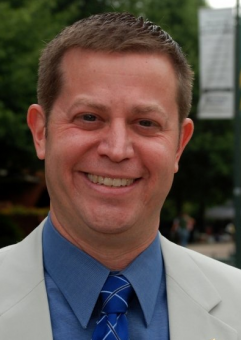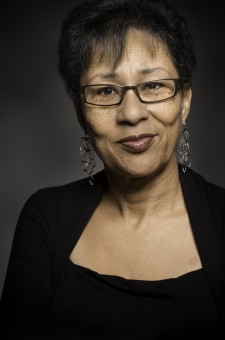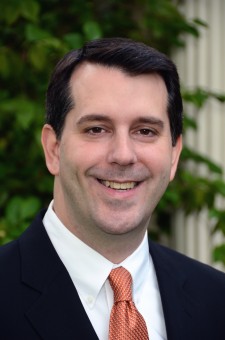Kelly Dunham, Cherry Creek High School
Posted on Mon, 04/01/2013 - 13:02
Last week, one of Kelly Dunham's students informed her that he had received notification he was waitlisted at one of the colleges to which he'd applied. He was asked to follow a link to let the university know if he was interested in staying on the waitlist. He selected the link and it took him to a pornography website. "Thank goodness, he is a student with a great sense of humor," says Dunham. "I contacted the university and the link was of course wrong! What are the chances?"
It's all in a day's work for Dunham -- though her days usually revolve around more prosaic problems like academic advising and college lists. As Counseling Department Coordinator for Cherry Creek High School in Greenwood Village, Colorado, in the Denver metropolitan area, Dunham is head of the department and also acts as one of ten counselors, who spend most of their time advising students on academics, social/emotional issues, and college. The largest high school west of the Mississippi River, Cherry Creek is home to 3500 students, 95% of whom go on to college.










 Award-winning author Lalita Tademy joins us today for the second installment in our series featuring deans of admission, educators, and public figures and their personal “aha” moments on the subject of diversity.
Award-winning author Lalita Tademy joins us today for the second installment in our series featuring deans of admission, educators, and public figures and their personal “aha” moments on the subject of diversity. The role diversity plays in college admission is complex, sometimes divisive, and often not well understood by students and parents. It is receiving renewed attention in the wake of the Supreme Court’s agreement to hear a case challenging the University of Texas’ admission policy, which will effectively consider whether affirmative action should be eliminated.
The role diversity plays in college admission is complex, sometimes divisive, and often not well understood by students and parents. It is receiving renewed attention in the wake of the Supreme Court’s agreement to hear a case challenging the University of Texas’ admission policy, which will effectively consider whether affirmative action should be eliminated.